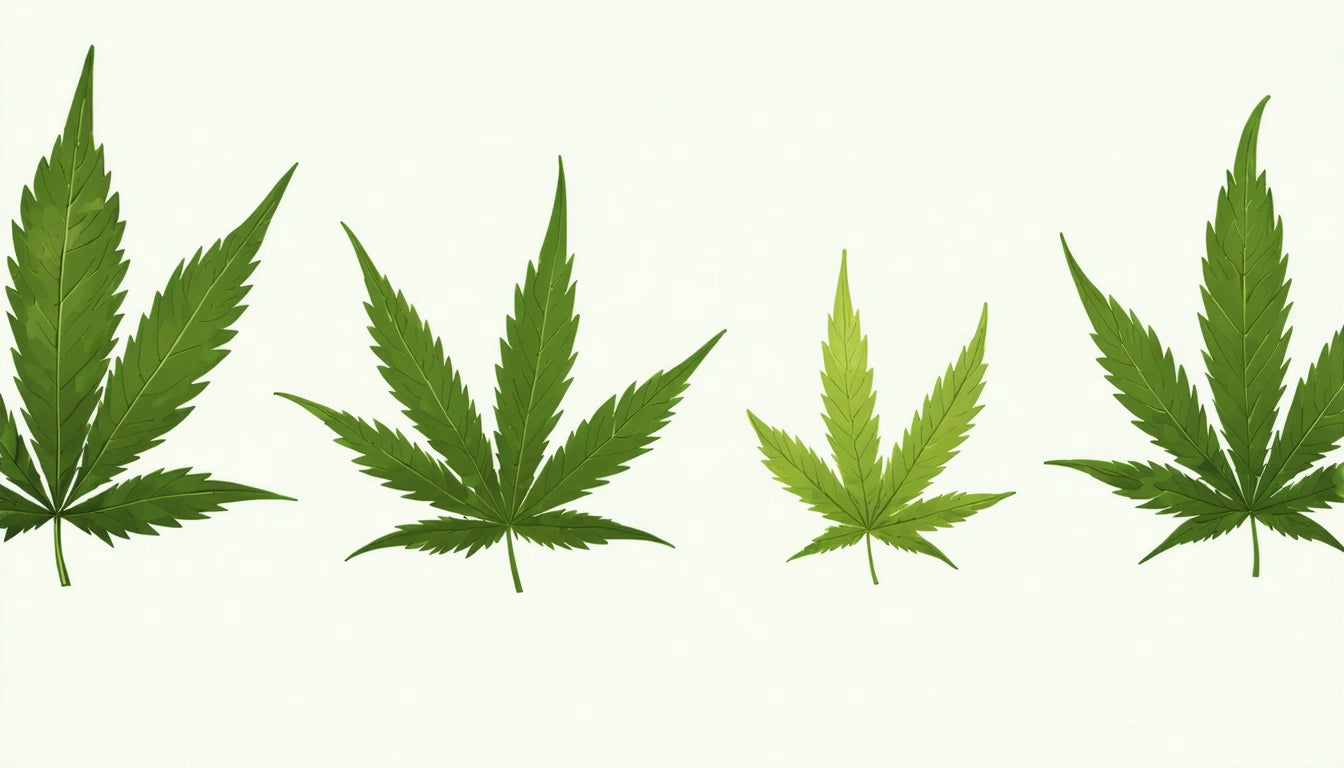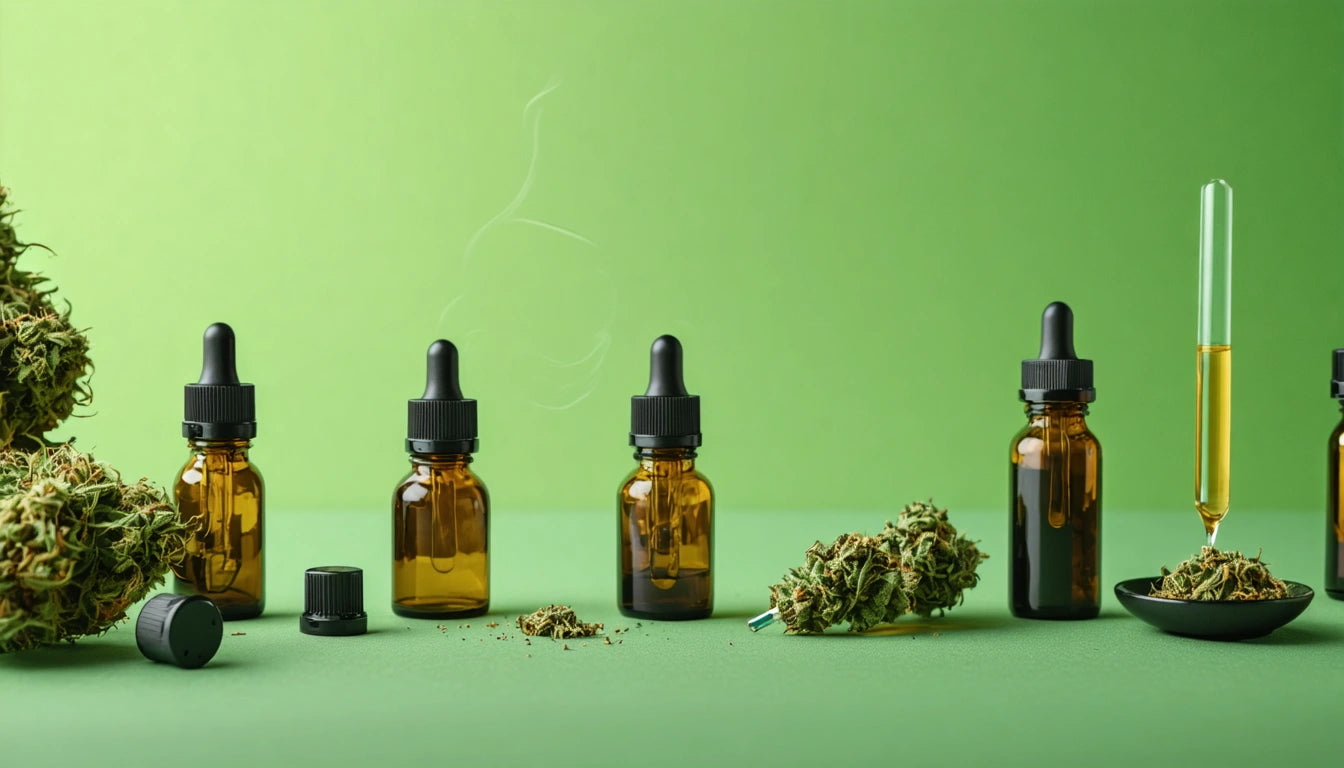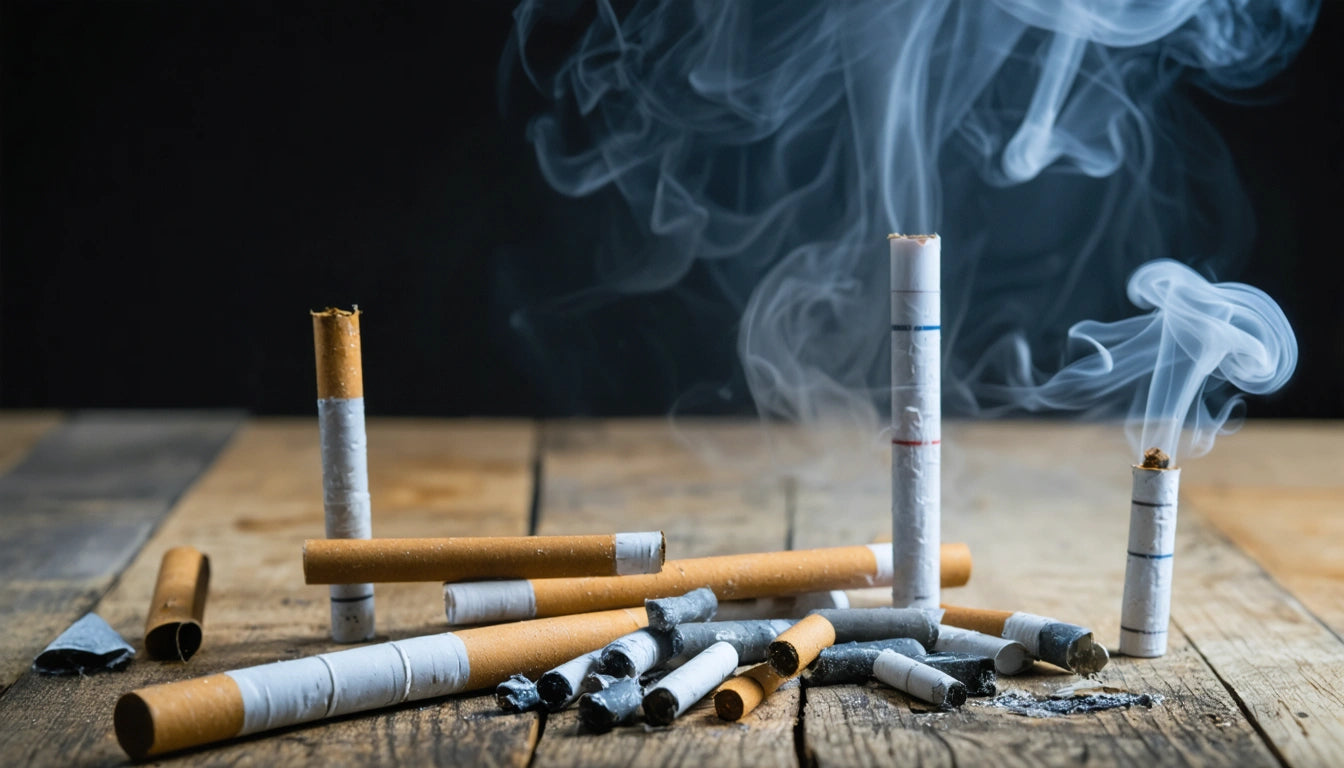Table of Contents
- Daily Cannabis Use: An Overview of Potential Effects
- Health Considerations for Daily Cannabis Consumption
- Tolerance Development and Potential Dependence
- Responsible Approaches to Daily Cannabis Use
- Medical vs. Recreational Daily Use: Different Contexts
- Creating a Personalized Approach to Cannabis Consumption
Daily cannabis use has become increasingly common as legalization expands across states and countries. While some users report benefits from consistent consumption, others question the potential impacts of everyday use. This guide examines the health, tolerance, and lifestyle considerations surrounding daily cannabis consumption to help users make informed decisions.
Daily Cannabis Use: An Overview of Potential Effects
Using cannabis every day affects individuals differently based on factors including consumption method, dosage, and personal physiology. Daily users often report experiencing:
- More consistent symptom management for medical users
- Potential development of tolerance requiring higher doses
- Changes in sleep patterns and dream recall
- Possible impacts on motivation and cognitive function
Understanding these effects requires considering both short-term experiences and long-term outcomes of regular consumption patterns.
Health Considerations for Daily Cannabis Consumption
Respiratory Health
For those who smoke cannabis daily, respiratory concerns may arise similar to regular tobacco smoking, though typically less severe. Alternative consumption methods like vaporization or edibles can mitigate these concerns. Learning how to inhale cannabis without coughing can also reduce respiratory irritation.
Mental Health Impact
Daily cannabis use may affect mental health differently across individuals. Some report reduced anxiety and improved mood, while others experience increased anxiety or paranoia, particularly with high-THC products. Understanding the difference between THC and CBD can help users select products less likely to trigger anxiety.
Tolerance Development and Potential Dependence
Regular cannabis consumption leads to tolerance development, where users need increasing amounts to achieve the same effects. According to research, approximately 9% of cannabis users develop dependence, with higher rates among those who begin in adolescence.
The question "Is cannabis addictive?" is complex. While cannabis doesn't create physical dependence like opioids, psychological dependence can occur, characterized by:
- Difficulty controlling consumption
- Continued use despite negative consequences
- Withdrawal symptoms like irritability, sleep disturbances, and decreased appetite
Taking regular tolerance breaks can help manage dependence risks while maintaining cannabis's effectiveness.
Responsible Approaches to Daily Cannabis Use
Dosage Management
For those who use cannabis daily, maintaining consistent and mindful dosing is crucial. Microdosing cannabis provides therapeutic benefits while minimizing tolerance and impairment. Proper storage is also essential for maintaining potency and preventing accidental consumption, with many users choosing child-resistant containers with secure caps to store their products safely.
Lifestyle Integration
Responsible daily users typically establish boundaries around their consumption, such as:
- Avoiding use before driving or operating machinery
- Setting consumption windows that don't interfere with work or family responsibilities
- Taking regular tolerance breaks (e.g., 2-3 days monthly or 1-2 weeks quarterly)
- Monitoring for changes in motivation, memory, or mood
These practices help integrate cannabis use into a balanced lifestyle while minimizing potential negative impacts.
Medical vs. Recreational Daily Use: Different Contexts
The context of use significantly influences the appropriateness of daily consumption. For medical patients managing chronic conditions, daily use under healthcare provider supervision may be necessary and beneficial. Understanding how medical cannabis differs from recreational provides important context.
For recreational users, daily consumption should be approached more cautiously, with regular assessment of benefits versus potential downsides. Speaking with healthcare providers about cannabis use is increasingly important, and learning how to discuss cannabis with your doctor can facilitate these conversations.
Creating a Personalized Approach to Cannabis Consumption
Rather than seeking a universal answer to whether daily cannabis use is "okay," consumers benefit from developing personalized approaches based on their unique circumstances. Consider:
- Your specific reasons for use (medical symptom management, stress relief, sleep aid, etc.)
- How cannabis affects your particular body chemistry and mental health
- Your personal and professional responsibilities
- Legal considerations in your jurisdiction
Regular self-assessment helps ensure cannabis use remains beneficial rather than problematic. Questions to ask yourself include whether daily use is enhancing your quality of life, if you can easily take breaks when desired, and whether your consumption patterns align with your health and wellness goals.
Ultimately, responsible daily cannabis use requires ongoing mindfulness about consumption patterns, regular evaluation of effects, and willingness to adjust habits as needed to maintain balance and well-being.











Leave a comment
All comments are moderated before being published.
This site is protected by hCaptcha and the hCaptcha Privacy Policy and Terms of Service apply.